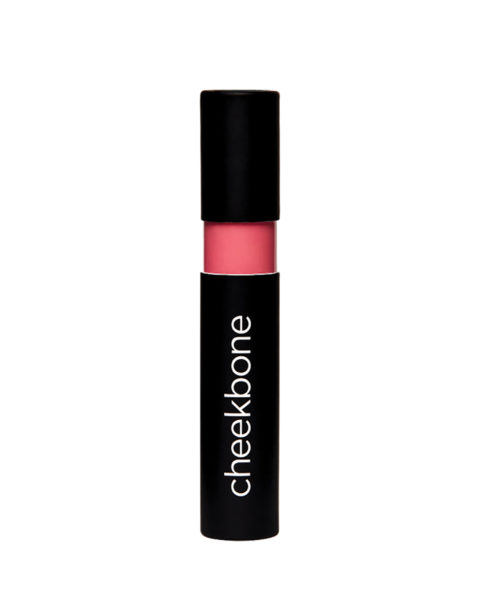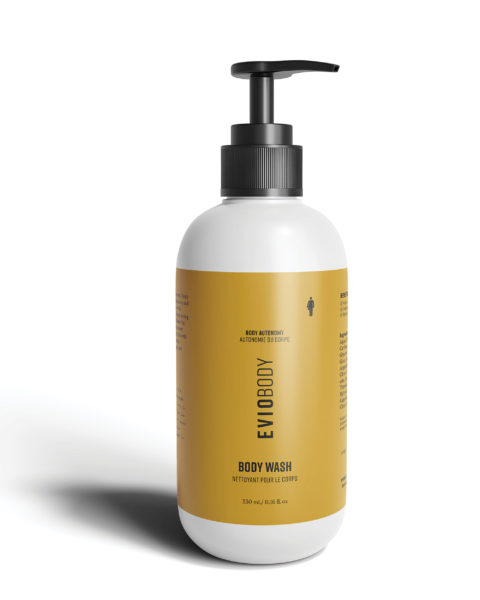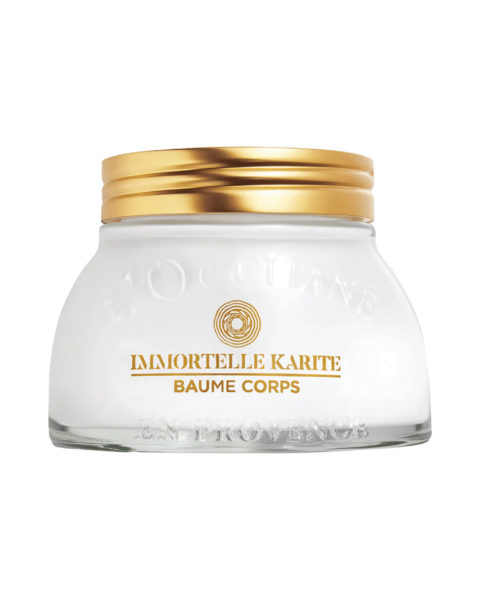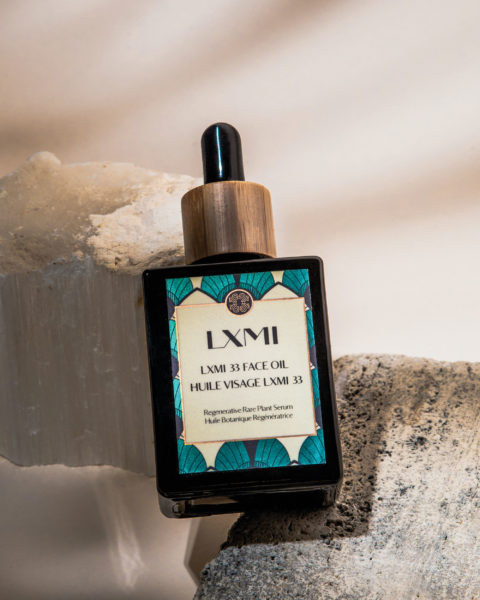These Beauty Brands Are Committed to Social Sustainability
The beauty industry’s sustainability issues are complex, layered and constantly evolving, but while its gaze is often set on creating a future that is more environmentally responsible (with major strides being made when it comes to things like reusable, recyclable and refillable packaging), brands’ social efforts can be overlooked. Social sustainability involves examining the impact that businesses have on people and communities and consistently working toward improving that impact. This includes, but is not limited to, ensuring that fair labour practices and living wages are being met and that community members are given opportunities for employment and economic growth.
RELATED: Get to Know These 15 LGBTQIA2S+-Owned Beauty Brands
Below are four brands that are committed to uplifting communities — both locally and globally — through initiatives that give back.
Cheekbone Beauty

The vision for Cheekbone Beauty came to founder Jenn Harper in a dream about lipgloss back in 2015. “I saw these Indigenous girls with the rosiest cheeks — they were so happy,” she shares.
What began as a dream (literally) has transformed into so much more. In 2021, Cheekbone Beauty became the first Indigenous-owned brand to be carried at Sephora Canada. The Canadian makeup brand still functions with the well-being of Indigenous youth at its core.
“That dream came at a time when I was seeking to learn why my community constantly struggles,” says Harper. “And when I learned about the residential-school system and the transgenerational trauma it caused, it all started to make sense.”
To date, Cheekbone Beauty has donated over $200,000 to causes that support Indigenous youth (such as the First Nations Child & Family Caring Society and the Shannen’s Dream organization). The company launched the Cheekbone Beauty Scholarship Fund for Indigenous students in 2021 and offered its first recipient $2,500. In 2022, the prize pool expanded to award five recipients $2,500 each.
“I want to show that you can use business as a force for good,” explains Harper. “We aren’t just building a brand that sells lipsticks; the real power of Cheekbone Beauty is that it is creating space for the representation of Indigenous kids and creating awareness about the issue of unequal funding for Indigenous youth.”
Evio
View this post on Instagram
The inspiration for Canadian brand Evio came at a time when founder Brandi Leifso needed an escape: in 2012, when she was seeking refuge from an abusive relationship at a domestic-violence relief shelter.
She is frequently asked “Why did you stay?” — a question that often carries an undertone of guilt and shame directed at her, the survivor. This biased line of questioning is one thing that motivates Leifso to support other survivors. She says that her personal history allows for a special connection between her brand and the more than 27 shelters and integrated programs across North America that she works with. These programs support survivors and children of domestic violence and work toward breaking the cycle of abuse.
“I have the privilege of being in a really fortunate position now,” says Leifso. “And I’m able to assist while also understanding how we might be able to challenge biases and stigmas from those who haven’t experienced these kinds of circumstances.”
In an inspiring power move, the brand launched its first body-care line — the Body Autonomy collection — earlier this year. For the campaign, the Evio community wrote letters detailing what bodily autonomy means to them. The launch “highlighted that each individual has the right to choose what’s best for them,” shares Leifso.
L’Occitane

French beauty brand L’Occitane’s 40-year mission to source African shea butter began in the early 1980s, when founder Olivier Baussan flew to Burkina Faso in search of “women’s gold” — the skin-loving butter derived from shea trees. In the four decades since, shea butter has become a key ingredient in the brand’s products. The team of women (whom the brand calls “guardians of the shea trees”) bringing this butter from “tree to skin” has multiplied from around a dozen to over 10,000.
In 2018, Justine Humbert, L’Occitane’s biodiversity and sustainable ingredients manager, was part of the team that founded the brand’s RESIST (Resilience, Ecology, Strengthening, Independence, Structure and Training) program, which strives to improve the economic and climate resilience of its workers through co-operatives with three main goals in mind.
“First, we want to look after the shea trees and ensure they will still be there tomorrow so that the women will be able to earn an income,” says Humbert. “Next, we want to modernize processes with the addition of machinery and motorized equipment, because the traditional method uses a lot of wood and is physically demanding work. And third, we aim to make these women more self-sufficient and less dependent on L’Occitane orders, which is important for a balanced, healthy relationship.” Beyond the program, L’Occitane’s efforts have helped the workers attract new shea butter consumers and take ownership of their production facilities.
Today, L’Occitane is working with five co-operatives in Burkina Faso and Ghana, where the brand purchases locally crafted fair-trade shea butter. “This 40-year partnership shows that economic development, women’s inclusion in the workplace and biodiversity regeneration can be merged to create a path forward,” says Humbert.
Lxmi

When Anna-Maja Björkenvall took over the role of Lxmi CEO after the passing of founder Leila Janah in 2020, she continued the brand’s existing relationships with women-run co-operatives in Africa and South America. Björkenvall is maintaining Lxmi’s mission to employ and empower women across the globe while creating excellent beauty products.
“We don’t start with a product in mind; we start with an ingredient in mind,” she explains. This was also the way Janah worked. She partnered with fair-trade women’s co-operatives in Northern Uganda to help source what has become the brand’s signature superfood ingredient: nilotica.
Lxmi pays East African women around three times the local living wage for their services sourcing nilotica. As Janah once said in an interview with Fast Company, “We can address poverty while also making our skin better.”
Uninterested in creating skincare products driven by trends, Lxmi focuses instead on perfecting its formulations. “The mission for us is not to crank out products,” explains Björkenvall. “It’s creating mindfully crafted plant-based products.”
Along with nilotica, the brand uses ancient superfood ingredients found in many of nature’s untapped ecosystems, such as the South Suriname-sourced hydrating tuhka Brazil nut oil and antioxidant-rich kigelia extract. “There are amazing ingredients out there and amazing people sourcing them,” she says. “We’re just the vehicle for these stories to come together.”
Browse the gallery below for some must-have products from each brand.
This article first appeared in FASHION’s Summer 2023 issue. Find out more here.
This article contains affiliate links, so we may earn a small commission when you make a purchase through links on our site at no additional cost to you.
The post These Beauty Brands Are Committed to Social Sustainability appeared first on FASHION Magazine.



